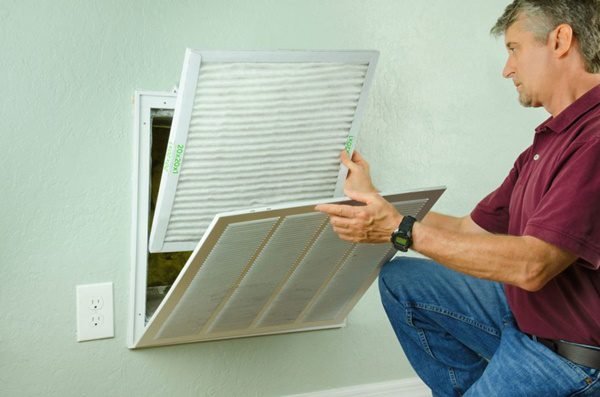Last Updated on January 30, 2024 by Asfa Rasheed
Air filters play a crucial role in maintaining indoor air quality, and the best air filters are those that effectively remove contaminants from the air. These filters come in various types and have different features to cater to specific needs, but there are common characteristics that define the best air filters.
Particle Size: The best 16x25x5 air filters are designed to capture a wide range of particle sizes, from larger dust and pollen to smaller bacteria and viruses. High-quality filters use multiple layers and a range of technologies, such as mechanical filtration, electrostatic attraction, and activated carbon, to trap particles of different sizes.
Allergen and Odor Removal: Many people seek air filters to alleviate allergies or to remove unpleasant odors. Filters equipped with activated carbon are particularly effective in adsorbing odors and volatile organic compounds (VOCs), while HEPA filters excel at capturing allergens like pollen, mold spores, and pet dander.
Airflow: Air filters must strike a balance between filtration efficiency and airflow to avoid reducing the system’s overall efficiency. The best air filters maintain adequate airflow while effectively removing contaminants from the air. Look for filters designed for your HVAC system’s specifications to ensure compatibility.
Lifespan: A longer-lasting filter can reduce maintenance costs and ensure consistent air quality. Some air filters are washable and reusable, while others are designed for easy replacement. Assess the manufacturer’s recommendations and the filter’s longevity to find the most suitable option for your needs.
Cost: The initial cost and ongoing maintenance expenses are crucial considerations. While high-quality air filters may have a higher upfront cost, they can provide better long-term value due to their efficiency and longevity. Consider the overall cost of ownership when making a choice.
Efficiency: The efficiency of an air filter is a crucial feature that indicates its ability to capture particles and pollutants. Efficiency is typically measured by a Minimum Efficiency Reporting Value (MERV) rating for mechanical filters and a Clean Air Delivery Rate (CADR) for electronic air purifiers. The best air filters often have higher MERV ratings (usually between 8 and 16) or CADR values, indicating better particle removal capabilities. A higher MERV rating indicates that the filter can capture smaller particles and more pollutants.
Air Exchange Rate: Consider the air exchange rate of an air filter, which measures how many times the air in a room is filtered per hour. A higher air exchange rate means that the air is cleaned more frequently. The best air filters often have a higher air exchange rate, ensuring that the indoor air remains consistently clean and free of contaminants.
Noise Level: For air purifiers with fans, the noise level is a consideration. The best air filters should operate quietly, especially in bedroom or living room settings. Look for filters with noise ratings that won’t disrupt your daily activities or sleep.
Low Pressure Drop: Air filters shouldn’t significantly impede the airflow in your HVAC system. The best filters are designed to have a low-pressure drop, which means they maintain efficient airflow while effectively capturing contaminants. This feature ensures that the filter doesn’t strain your HVAC system and cause energy wastage.
In summary, the best air filters are those that meet your specific needs and preferences. Factors such as filter type, efficiency, size, air exchange rate, lifespan, additional features, noise level, and price should all be carefully considered when making your selection. Ultimately, the best air filter is one that effectively addresses your indoor air quality concerns while fitting within your budget and maintenance capabilities.
















